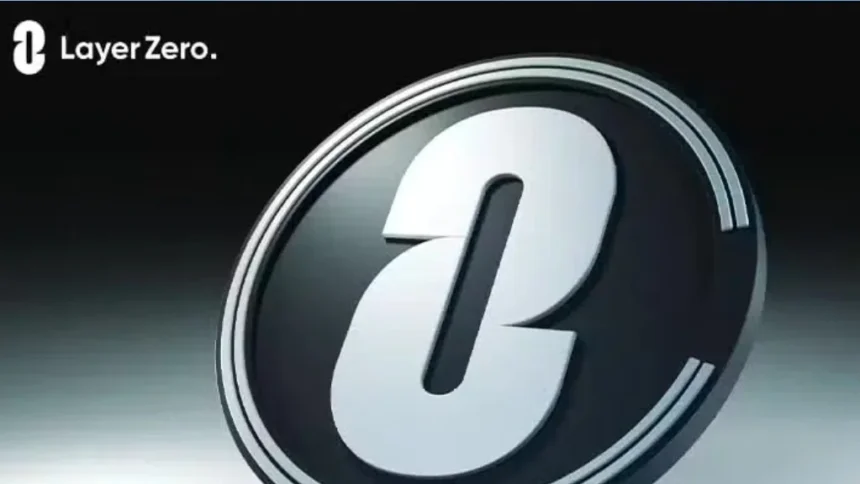The ZRO token from LayerZero, an omnichain interoperability protocol, saw a significant drop in value. Within a day of its launch, the token’s price fell by 16%. This decline happened because of a controversial decision by its founder about the token claiming process. Critics compared this process to a “tax.”
The controversy started with LayerZero’s requirement for users to donate a small amount for each ZRO token claimed. The donation was about $0.10 in USDC, USDT, or native ETH per token. This money goes directly to the Protocol Guild, which is a fund for Ethereum developers.
LayerZero defended this move, saying it was a way to support development. However, many in the cryptocurrency community saw it negatively. They argued that it made the token distribution look like an initial coin offering (ICO).
Despite the backlash, LayerZero insisted that the launch of ZRO was not an airdrop. They argued that traditional airdrops no longer ensure fair distribution and community building. This is because of the rise in airdrop farming and Sybil entities.
Bryan Pellegrino, LayerZero’s co-founder, emphasized that claiming ZRO tokens is optional. He said that those who disagree with the donation rule can choose not to participate.
The launch of the ZRO token saw a 15% increase at first. However, the value quickly declined, which is a common pattern in token launches. Many people who claimed the tokens sold them off quickly.
Some members of the cryptocurrency community supported LayerZero’s approach. They believed that the donation mechanism could deter Sybil operations and contribute to a healthier ecosystem.
Users also commented positively on the ZRO claiming process. They compared it to Spotify Wrapped, but despite this, the token’s value dropped 15% to $3.35 within 24 hours, according to CoinMarktCap data.
This debate around LayerZero’s token launch highlights ongoing discussions in the cryptocurrency community. People are talking about fair distribution, community engagement, and the changing nature of token airdrops.
Also read: Target Brings GenAI Tool Store Companion to 2000 Locations













